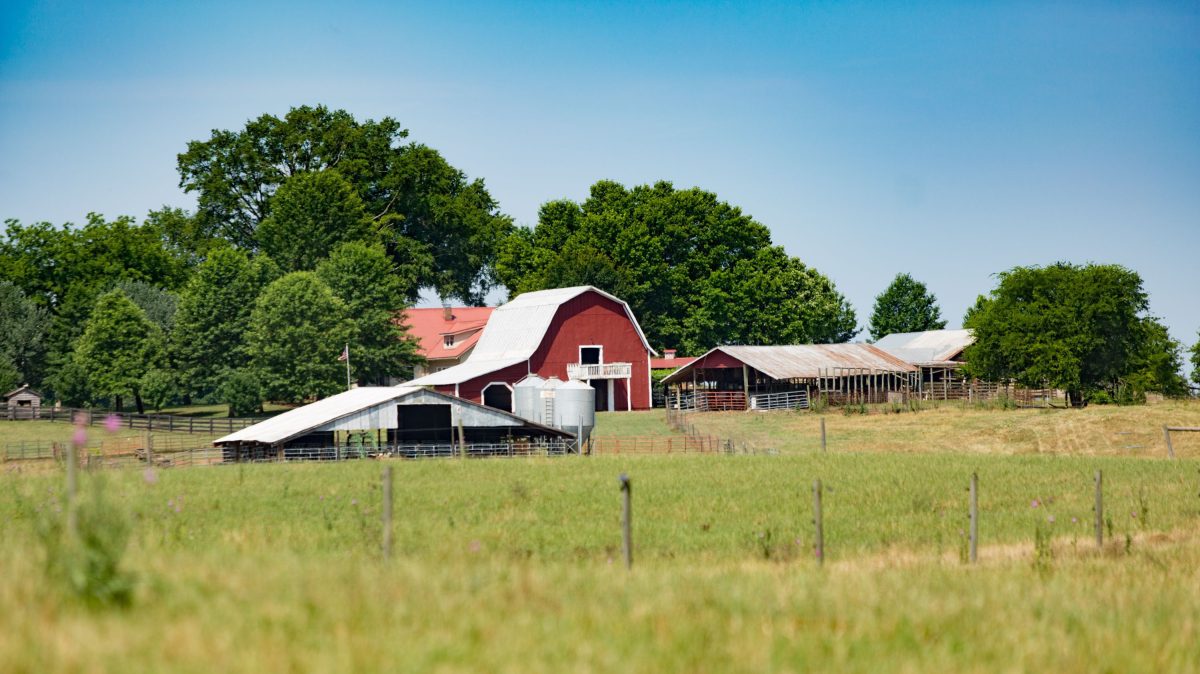College to Become More Expensive for Farm Families
AFBF Staff

photo credit: AFBF
An attempt to simplify the Free Application for Federal Student Aid process could end up making college less affordable for rural Americans. Chad Smith tells us farm families may find it more difficult to qualify for financial aid.
Smith: Dustin Sherer, Director of Government Affairs for the American Farm Bureau, says an important change to the Free Application for Federal Student Aid came in an omnibus bill passed at the end of 2023.
Sherer: It included a smaller bill called the FAFSA Simplification Act. The goal of the bill was to shorten the actual FAFSA form. Previously, there was an exemption in place for families who owned farms or small businesses, so that there was no asset test when those kids were applying for financial aid. But, that change with the FAFSA Simplification Act got rid of the exemption.
Smith: Families with an adjusted gross income over $60,000 will be subject to the asset test. The change means it will cost farm families a lot more money to send their children to college.
Sherer: The example that's been given is for a farm that's valued at about a million dollars, under the old rules, that family would have been expected to pay about $7,600 towards the education under the old rules. Under the new rules, that same family would be responsible for more than $41,000, which essentially would take you out of the Pell Grant and federal and state aid programs and force most people to take out student loans.
Smith: He says some members of Congress are taking steps to correct the error.
Sherer: There's been legislation introduced in both chambers to reinstate the exemption. In the House, Representatives Mann and Panetta have introduced HR 1250, The Family Farm and Small Business Exemption Act. Identical legislation has been introduced in the Senate by Senators Ernst and Tester. So, if you feel strongly about this issue, I would urge you to reach out to your elected officials and ask them to co-sponsor those bills.
Smith: Chad Smith, Washington.
